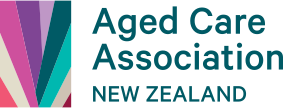
Conference Speakers

After five years on TVNZ’s early-morning show, he left TVNZ and started running his own consultancy, working with organisations on positive relationship-building, reputation management and media relations. In 2020 Rawdon received his Real Estate License and started working for Barfoot and Thompson. He continues to expertly MC and facilitate conferences and events.
Rawdon left the teaching profession after seven years to join the BBC, where he worked as a reporter and news anchor. He then transferred to New Zealand to work for TVNZ, initially as a reporter for One News and then for the 7pm daily current affairs programme, Close Up. He became an established presenter for TVNZ as the host of political show, Agenda and the NZ version of Dragon’s Den. In 2011, Rawdon became the inaugural host of TVNZ’s Saturday Breakfast show, before taking up the job of presenting TVNZ’s daily Breakfast show.
His biggest career challenge came when he anchored TVNZ’s coverage of both Christchurch earthquakes – the first of which set a New Zealand record for continuous rolling coverage to an audience of over 2 million.
Rawdon is a passionate story teller who spends his spare time skiing, cycling, playing the piano and trying to make his children laugh.
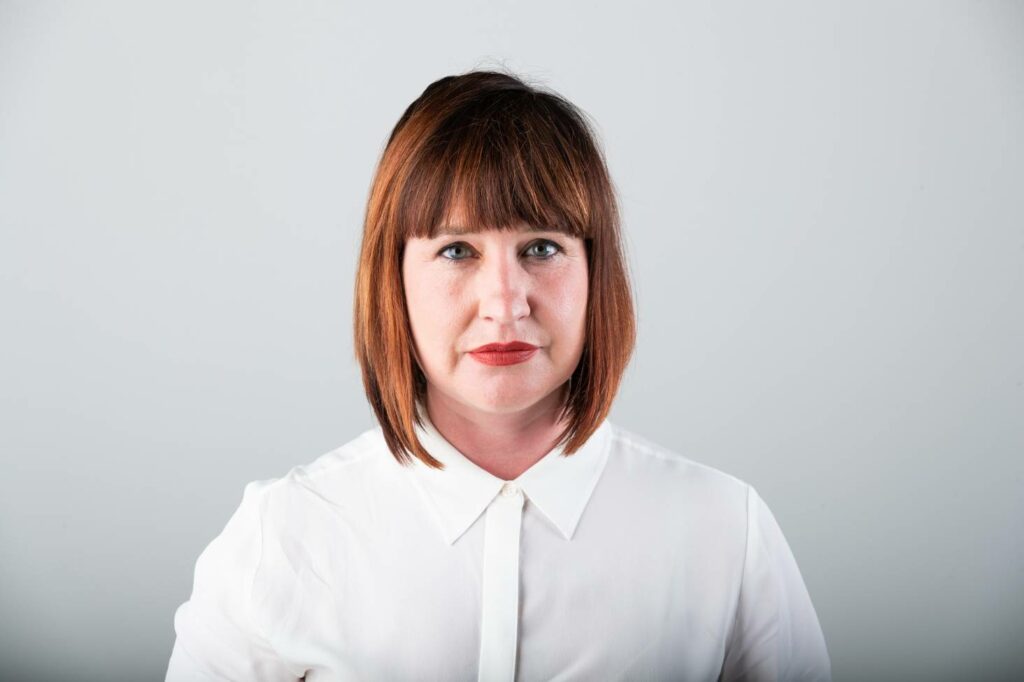
Born in Northern Ireland, she was an investigative reporter for the News of the World, was night news editor for The Scotsman, and worked in New Zealand’s parliamentary Press Gallery for nearly a decade. She was a Jefferson Fellow at the East West Center in Hawaii, and has been recognised with major accolades at the annual media awards. She has reported from Europe, Myanmar, China, Japan, Fiji, South Africa, South Sudan and sub-Antarctica.
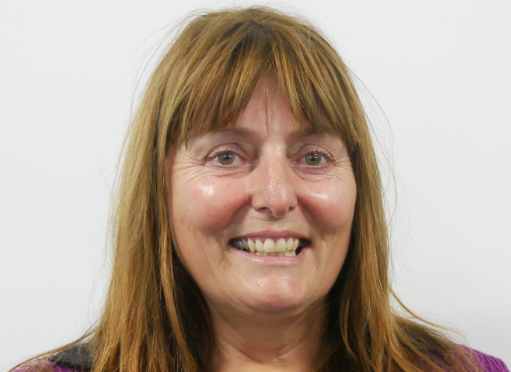
Emma qualified as a registered Nurse at Whitireia Community Polytechnic in Porirua in 1988 and has a clinical Masters (Nursing) from Victoria University, Wellington. She worked in clinical practice for over 20 years predominantly in primary and community care in New Zealand and England.
Prior to commencing her current interim Director role with Te Whatu Ora last July, she worked the Ministry of Health since 2010 and in this time, has held a number of senior roles.

Ricardo is in the Greens because it is the only party that has been consistently fighting for liveable incomes, public housing, healthcare and taxing the wealthy few so public services can be funded for all. He believes the other parties keep saying that this is not possible, but it is. It doesn’t have to take decades for politicians to start caring about working families – it just takes some political will.

Ross has 30 years Corporate and Institutional Banking experience including more than 20 years in the aged care and retirement village sectors. Ross’s main focus is to meet the varied banking needs of each owner/operator.
Perhaps your business has been impacted by the nursing shortage, low occupancy and/or general Government underfunding. In this session we will explore your financial options. What actions you should take? What options may be available and critically assessing those options? What you should be discussing with your bank and preparing for those discussions? How your bank can work with you. The objective is to agree a plan of action with your bank that is acceptable to both parties that will address the operating loss.
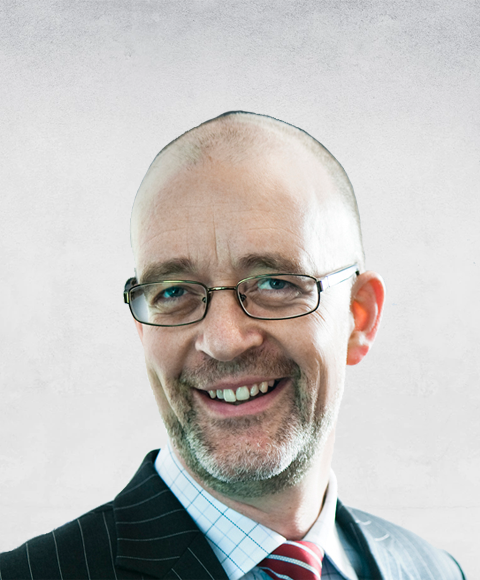
Geof is a past president of the Law and Economics Association of New Zealand, and for two years taught the Business Associations course at Te Herenga Waka Victoria University of Wellington.
Geof is a Barrister and Solicitor of the High Court of New Zealand and is also the Deputy President of the Law Commission."
There are many things that can affect a person’s decision-making. These can include a traumatic brain injury, dementia, learning disabilities and experiences of mental distress. People’s decision-making can be affected for one decision, for a series of decisions or for decisions more generally.
CONCURRENT SESSION: Law Commission review of adult decision-making capacity law
Currently, if a person’s decision-making is affected, the law may treat some or all their decisions differently to the way it otherwise would. It does this using the concept of ‘decision-making capacity’. If a person is assessed not to have decision-making capacity for a decision, the decision might not have legal effect. Another person may be appointed to make the decision for them.
This is not the only approach the law could take. In recent decades, there have been widespread calls for law reform. The Law Commission is currently reviewing how the law should respond when an adult’s decision-making is affected.
Hear from Commissioner Shirtcliffe about the project to date, including key themes from submissions received on the Preliminary Issues Paper and the areas/issues the Commission is thinking hardest about as it moves into the second phase of consultation.
The submission by ACA to Te Aka Matua o te Ture | Law Commission on the Review of Adult Decision-Making Capacity Law: Preliminary Issues Paper can be found here.

As an audit partner, Ryan engages daily with Boards on governance issues, helping to identify key risks at strategic, operational and regulatory levels. He works with his clients to proactively address risks before they become business issues.
Ryan is a Financial Market Conduct licensed auditor. His clients include regulated and listed entities and mid-sized to large owner managed businesses. His daily interactions with both Boards and management teams ensures he not only understands different stakeholders’ positions but is an effective and constructive facilitator.
Governance – responsibilities of ARC facility boards
The role of a director comes with great responsibility and, with governance issues constantly evolving, the ability to know where to focus – and why – can help Boards to reduce risk and improve stakeholder confidence.
During this session Ryan Campbell, a Partner at Grant Thornton, will highlight some of the key risks and potential challenges the Board of an Aged Care facility needs to consider. He will also share what “good” looks like, how to identify and document the strategic risks facing the entity and the approach to respond to these risks to improve board effectiveness, set the right tone and make better decisions.
There will be time for Q&A, so come armed with any questions you may have.

She has broad experience across the health sector in New Zealand and Australia, including executive leadership roles in several District Health Boards. Carolyn's experience spans front line nursing, clinical governance and senior leadership positions in the public and private health sectors.
Carolyn is committed to making a tangible difference through collaboration and focusing on quality improvements, and brings an optimistic and pragmatic approach to the challenges older people receiving health and disability service face.
Fairness and doing the right thing have been central to her approach in all the health sector roles she has held to date, and these are values she brings to her role as Commissioner.
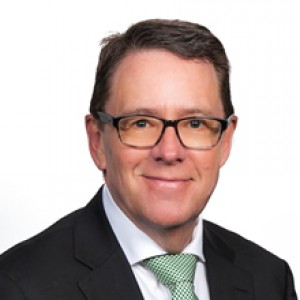
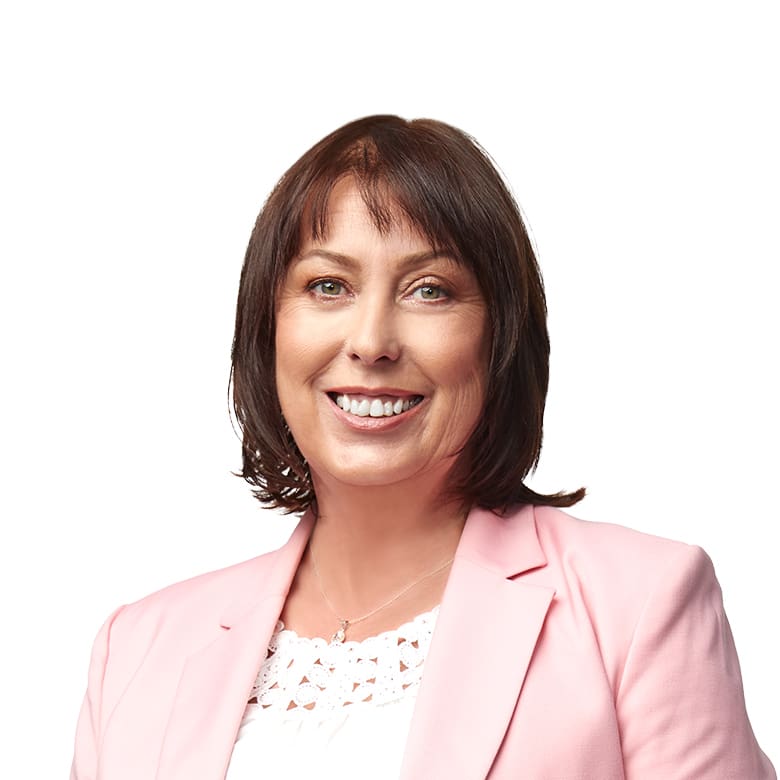
Tracey attended the University of Canterbury where she graduated with a PhD in Psychology and worked for a number of years in clinical research. Her focus was to better understand different dementia disorders and what happens after childhood brain injury. Tracey also worked as an organiser for the New Zealand Nurses Organisation, supporting our nurses working in primary health and across the health sector.


Andy is now the Northern Region Emergency Management Advisor for Te Whatu Ora, as well as the interim National Recovery and business continuity manager."
"In recent times New Zealand has experienced a number of significant weather events, most notably Cyclone Gabrielle. These events are predicted to be more common in the future both in frequency and intensity.
Given the widespread community impact, disruption, and isolation, despite a successful response, questions do need to be asked around how we can improve sector resilience. Alongside this a crucial piece of the puzzle is engagement with local regional and national health emergency management structure to ensure that relationships are maintained and strengthened prior to future events.
Andy Wisheart, the Northern Region Emergency Management Advisor, and interim National Recovery and Business Continuity Manager will lay out the new Te Whatu Ora Emergency Management Structure, learnings from the weather events, and what good resilience looks like. "

Buying Raglan Rest Home and Hospital, at the age of 55, was quite surreal. I realised that I had given up an awesome position and salary, but this was my passion, to make a real difference in a rural community.
Nursing, especially in a rural area in a stand-alone smaller facility, ensures that you utilise adaptability and are prepared to do whatever needs to be done. It allows you to utilise your love of nursing, which of course translates into a love of people, bringing out your compassion, caring, advocacy for others and the satisfaction of assisting, the people and their whanau, to live and die, in the best way possible, for them.

The session will provide a recap on the new immigration settings for skilled workers and an overview of the immigration flows and broader labour market changes seen in the last 12 months.

Prior to her Cabinet promotion, Barbara Edmonds was the Labour Caucus Associate Whip and Chair of the Finance and Expenditure Select Committee. She has previously worked as a senior advisor to Ministers under successive governments and was a key contributor to the Government’s law reforms following the March 15 Terror Attacks. During this time, she was also heavily involved in the Government’s tax, social policy, small business, and economic response to COVID-19.
Barbara Edmonds proudly serves as the MP for the Mana electorate where she resides with her husband Chris and their eight children.
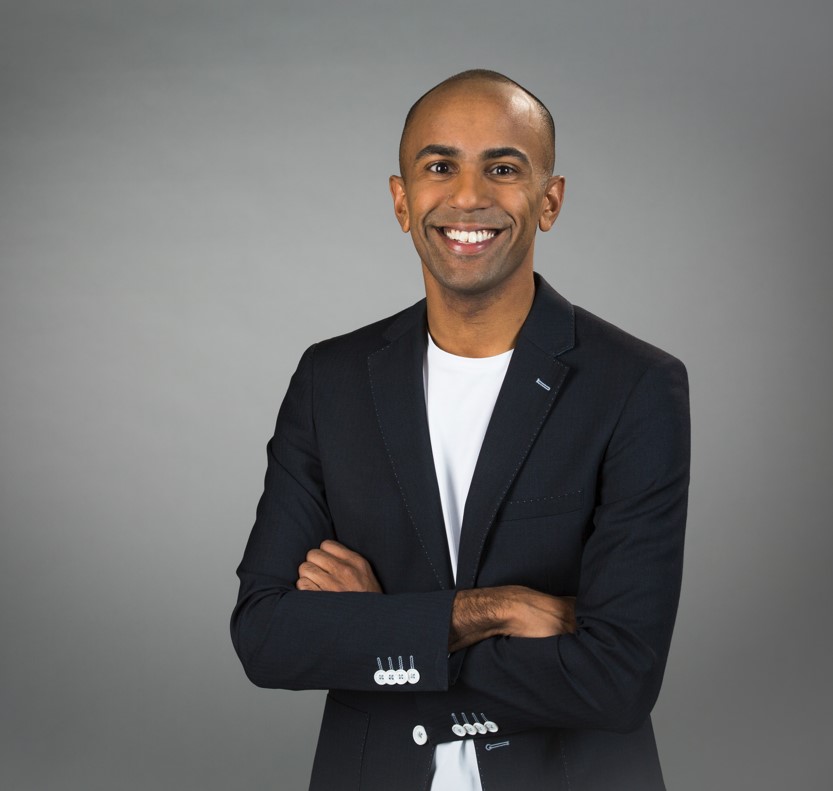
For more than a decade, he has been a familiar face on our screens, reporting for primetime shows like TVNZ’s Sunday, Seven Sharp and Close Up. He was named “Broadcast Reporter of the Year” at the Voyager Media Awards in 2020, and “Reporter of the Year” at the New Zealand Television Awards in 2018.
In the aftermath of natural disasters, terror attacks, sporting triumphs and everything in between, Jehan has helped hundreds of Kiwis to share their vulnerable and deeply personal stories with the rest of the country.
Through challenging, inspiring keynotes, Jehan reveals how storytelling can transform every area of our life – including mental health, productivity and relationships.
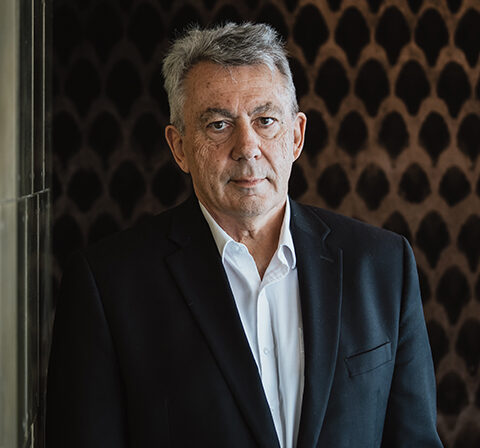
and as director and advisor to local and international businesses and organisations.
He is committed to seeing Aotearoa take a leadership role in the field of emissions lowering energy innovation and
commercialisation, and is passionate about improving diversity and inclusion, promoting sustainability as a core
value, and creating equality in the organisations he is involved with.
Trained as an economist and holding degrees of BA (Hons)(1st) and M.Phil. (Economics) Rob joined the union
movement in the 1970s and became a member of the Federation of Labour and Labour Party executives.
Rob is the Chancellor of Te Wānanga Aronui o Tāmaki Makau Rau (Auckland University of Technology), Chair of Ara
Ake, Chair of NZ Rural Land Co, and Advisor to BBM.
He has served as the Chair of various private companies and public organisations including Te Whatu Ora Health
New Zealand, SkyCity Entertainment Group Ltd, Summerset Group Ltd, Tourism Holdings Ltd, and WEL Networks
Ltd.
In 2019, Rob was awarded the Companion of the New Zealand Order of Merit (CNZM) and is a Chartered Fellow of
the Institute of Directors (CFinstD). He was recognised as a Distinguished Alumni of Victoria University (Te Herenga
Waka) in 2019.


Bryan's career began in Sydney in the 90s, before moving to a small South Australian town where he became a practice owner. In 2001 Bryan returned to Aotearoa and began working at Porirua Union & Community Health Service, a practice serving a predominantly high needs community in Cannons Creek, East Porirua. Bryan remains at the clinic as GP and clinical director.
Bryan’s held significant sector roles including Pharmac deputy medical director, RNZCGP medical director and member of the Ministry of Health Technical Advisory Group advising on the COVID response. In 2022 Bryan was appointed as an Officer of the New Zealand Order of Merit for services to health.
Bryan became GPNZ Chair in March 2023. His experience in primary care is a significant asset to GPNZ as it continues to advocate for and support primary care.

Stephen is Professor of Nursing and the National Head of Nursing at Te Pūkenga. He has extensive experience as a leader, academic and researcher with a clinical background in gerontology. Before commencing in his current role, he was the Director of the AUT Centre for Active Ageing (AUTCAA) at Auckland University of Technology and the past President of the New Zealand Association of Gerontology.
As the National Head of Nursing at Te Pūkenga, Stephen sets the strategic direction for the discipline, including determining the portfolio of nursing programmes and their unified delivery across the Te Pūkenga network. His research interests relate to the health and well-being of older citizens, particularly those who are marginalised, as well as health workforce development. He is a Fellow and life member of the College of Nurses Aotearoa (NZ), an Advisory Board Member for the Ageing Well National Science Challenge and Editor for the Journal of Clinical Nursing. Internationally he holds Adjunct Professor of Nursing positions at the University of Canberra, Western Sydney University and Edith Cowan University.

Tim has been involved in the aged care sector for coming up 7 years and currently sits on the ARC 21 Steering Committee (as a CANZ representative)** to offer a regional and small operator perspective.
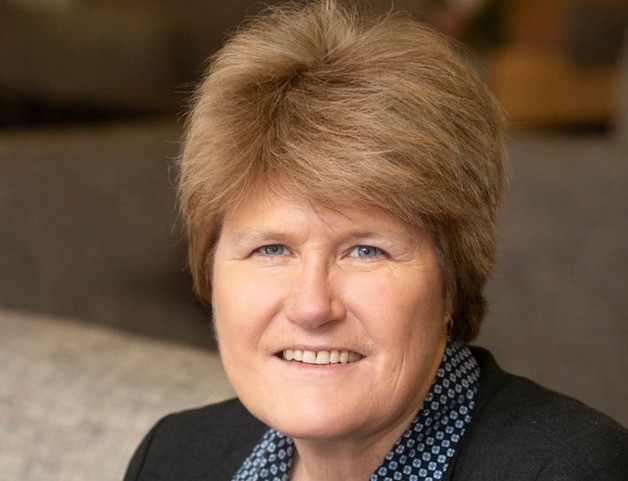
Nurse Practitioner and Honorary Associate Professor
Equinox Health Ltd. & University of Auckland
Dr Michal Boyd is an Associate Professor with the School of Nursing and collaborates with the Department of Geriatric Medicine. She also practices as a Nurse Practitioner for older adults. Her main research interests are the proactive assessment and care coordination of complex older adults who live in the community and aged residential care facilities.
Dr Boyd specialises in dementia, frailty and palliative care for older people and the development of advanced nursing practice and she has participated in many other clinically based research and evaluation studies.

Concurrent session: Māori and ARC: opportunities and potential
The number of Māori living in aged residential care (ARC) is projected to rise four-fold in the next 15 years and it imperative that ARC as a sector are providing culturally safe care options for Māori as they age. Kaumātua have reported the need to see, hear and feel the presence of Māori cultural values and practices for whānau to thrive in ARC. This presentation will highlight potential drivers for change and methods to understand what ‘excellent’ ARC looks like for Māori. This will be an opportunity for all in the ARC and wider community care settings to engage with this topic and reflect on the implications in their own areas of practice and influence.


As ACT’s Health Spokesperson, Brooke forced the Government to implement a review into Pharmac, led Parliament in an urgent debate into the Ransomware attack on patient information at Waikato DHB and led an urgent debate on COVID-19 deaths in self-isolation. Her amendment to the Pae Ora (Healthy Futures) Bill to include a Rural Health Strategy was also picked up by the Government.
She is passionate about New Zealand being a country where all people can thrive. Brooke is ACT’s Deputy Leader and spokesperson for Health, Housing, Foreign Affairs and Trade.

On 28 February 2022 the updated Ngā Paerewa Health and Disability Services Standard NZS 8134:2021 (Ngā Paerewa) came into effect. Te Apārangi Māori Partnership Alliance was formed, and informed by the experiences of Māori using health and disability services, worked in partnership with HealthCERT to ensure Māori participation and decision-making spanned across all four phases of the standard review work programme. Te Apārangi held ultimate decision-making rights on all Māori content within Ngā Paerewa. Ngā Paerewa reflects the shift towards more person- and whānau-centred health and disability services, with a stronger focus on outcomes for people receiving support.

On top of her dedication to inclusive spaces that enhance well-being and business performance, Lizzi is also deeply aware of the need for sustainable design. She is a visionary in methods of conscious design that can reduce waste and mitigate the carbon footprints of commercial spaces.
In 2022 Spaceworks developed a carbon calculator for the fitout sector to ensure that their design impact is conscientious, along with integrated ESG strategies to ensure businesses have a blueprint for how to optimise design with clear pathways to carbon zero construction.
We journey into sustainability within the context of aged care and retirement; gaining insights into the significant role of design in mitigating carbon emissions and waste. Lizzi will articulate the integration of design and sustainability, offering expert guidance on Design and Fitout ESG strategies. We will be taken on a journey understanding the carbon calculator tool used, along with case studies showcasing actionable changes. This talk looks to optimise pathways towards a consciously sustainable future for interior fitouts.

After completing a Horticultural Science Degree in 1986 at Massey university, I spent 10 years working in the primary sector in both regional and national roles throughout New Zealand.
In 1997 I moved to Australia where I spent 10 years in total working for Monsanto in the Ag Sector, Diageo in the Alcohol industry and finishing with Caroma Dorf in the construction industry before returning to Hawkes Bay where we purchased Bryant House in November 2007.
Since 2007 Bryant House has transitioned from a 33 Bed Rest Home facility where residents were still able to drive and required a car park, to now, where we have 16 Rest Home beds with residents who have either early stage dementia or poor mobility or both and a 17 Bed Dementia wing.
We are also currently building a 17 Bed Hospital wing and small retirement Village.
